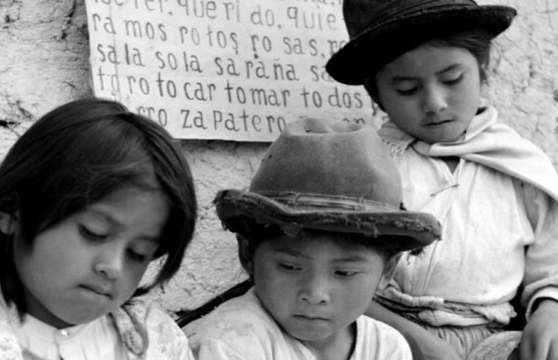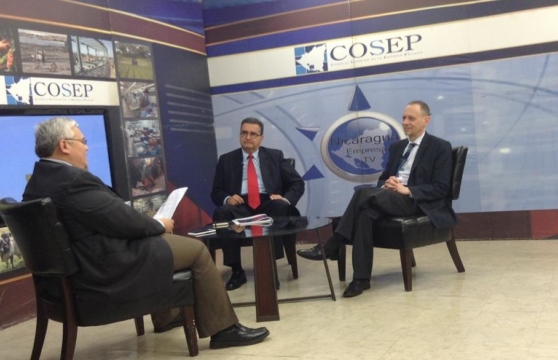
Learning Goals & the Global Agenda in Latin America
In order to ensure that education quality receives the attention it deserves, the discussion of learning goals must be taken to the streets.
This post is also available in: Spanish
I want to share with all of the readers of our blog a new initiative that excites us in a profound way: the launch of the Commission for Quality Education for All.
Despite the critical importance of the quality and equity of education for growth, development, and democracy, progress in recent years has been slow and disappointing. Although enrollments and investments in education have increased in almost all Latin American countries, learning deficits remain alarming. The PISA results from late last year were a reminder that learning in our region lags far behind. In the next month, we will receive the results of TERCE, and surely we will see significant gaps, not in comparison to the rest of the world, but rather with respect to our own standards.
The last decade has seen increasing attention to the issue of education quality. The majority of Latin American governments proclaim that education is a priority. Even though many political leaders see the need for reform, the pressure from interest groups as well as bureaucratic inertia, make it very difficult to make progress even for those leaders most committed to change. Pressure from citizens has traditionally been weak. Users of the education system (students, parents, and businesses) have had little understanding of the problems and few mechanisms through which to influence policy. As a result, they rarely have provided the support and political pressure that reformers need to make tough decisions.
The Dialogue is launching a high-caliber initiative to support profound educational change in Latin America. The cornerstone of this initiative is a High-Level Commission, chaired by former presidents Ernesto Zedillo of Mexico and Ricardo Lagos of Chile, and comprised of 12 prestigious members representing different perspectives and countries in the region.
The commission will raise the profile of the problem of low quality education in Latin America and will propose an agenda for educational change to mobilize the interest and commitment of political and business leaders, the media, and civil society.
The Commission has established the following objectives:
The Commission will hold its first meeting on November 15, 2014 as part of the Sol Linowitz Forum agenda. It plans to complete its task in approximately 12 months, to be followed by a period of comprehensive strategic efforts to communicate its recommendations.
In the coming months, we will be sharing with you, through this blog, the progress of the work of the Commission. We look forward to comments and suggestions from all of you, as a source of ideas, inspiration, and information.
Members of the Commission for Quality Education for All:
Ricardo Lagos, Co-Chair, Former President of Chile
Ernesto Zedillo, Co-Chair, Former President of Mexico
Epsy Campbell Barr, Member, National Assembly (Costa Rica)
Cláudia Costin, Senior Director of Education, World Bank (Brazil)
Gerardo della Paolera, Professor, Universidad de San Andrés (Argentina)
Sergio Fajardo, Governor, Antioquia (Colombia)
Claudio X. González, President, Mexicanos Primeros (Mexico)
George Gray Molina, Chief Economist for Latin America and the Caribbean, UNDP (Bolivia)
Felipe Ortiz de Zevallos, President, Grupo Apoyo (Peru)
Salvador Paíz, President, FunSEPA (Guatemala)
Viviane Senna, President, Instituto Ayrton Senna (Brazil)
Emiliana Vargas, Chief of the Education Division, Inter-American Development Bank (Venezuela)
Elena Viyella de Paliza, President, EDUCA (Dominican Republic)
José Weinstein, Director, Doctoral Program in Education, Universidad Diego Portales (Chile)
Ariel Fiszbein, Executive Director of the Commission (Argentina)
In order to ensure that education quality receives the attention it deserves, the discussion of learning goals must be taken to the streets.
Report on education in Nicaragua shows progress has been made but more needs to be accomplished.
Latin Americans give feedback on what they think should be the new indicators to monitor progress in the education sector.
